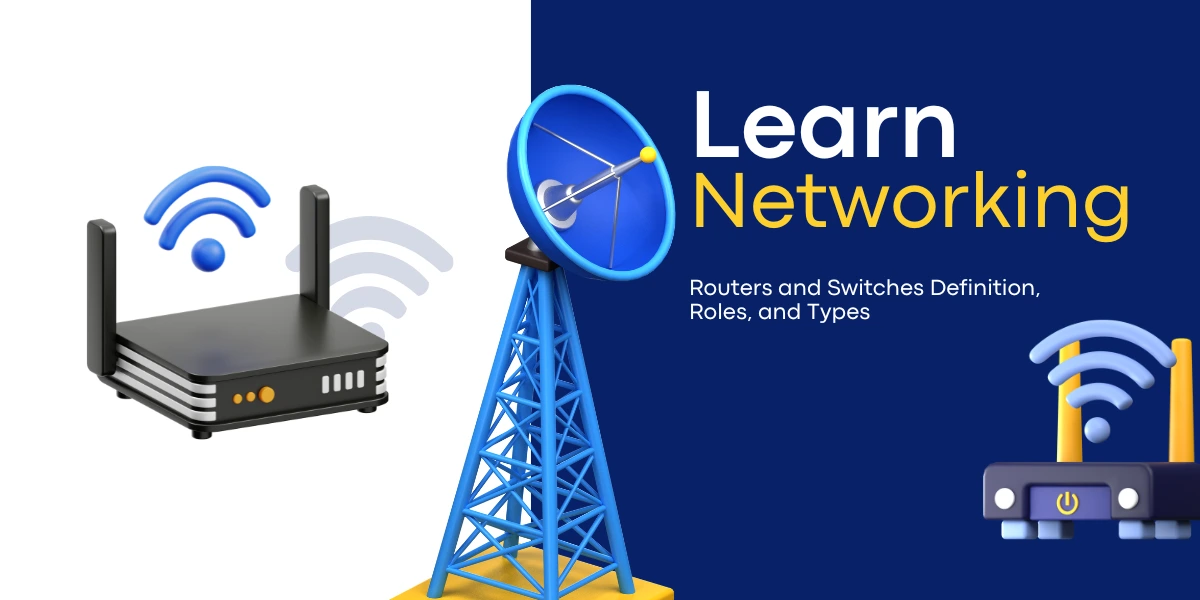In the ever-evolving landscape of technology, few fields hold as much promise and intrigue as quantum computing. This cutting-edge technology has the potential to revolutionize the way we process information, solve complex problems, and secure our digital communications. In this article, we’ll explore the fascinating world of quantum computing, its principles, current state, potential applications, and the challenges that lie ahead.

At its core, quantum computing harnesses the principles of quantum mechanics to perform computations. Unlike classical computers that use bits (0s and 1s) to process information, quantum computers use quantum bits, or qubits. These qubits can exist in multiple states simultaneously, a phenomenon known as superposition.
Key Quantum Principles
- Superposition: This allows a qubit to be in a combination of states at the same time, rather than just a single state like classical bits.
- Entanglement: Qubits can be interconnected in such a way that the state of one qubit is directly related to the state of another, regardless of the distance between them.
- Interference: Quantum algorithms manipulate qubits to amplify correct solutions and cancel out incorrect ones.
These principles enable quantum computers to perform certain calculations exponentially faster than classical computers, particularly in areas such as optimization, simulation, and cryptography.
The Current State of Quantum Computing
As of 2024, quantum computing is still in its early stages, but significant progress has been made in recent years. Several tech giants and startups are investing heavily in this technology:
- IBM: Has made its quantum computers accessible via cloud services and aims to build a 1,000-qubit quantum computer by 2023.
- Google: Claimed “quantum supremacy” in 2019 with its 53-qubit Sycamore processor.
- Microsoft: Developing topological qubits, which promise to be more stable than other types.
- Intel: Working on silicon spin qubits, leveraging existing semiconductor manufacturing techniques.
While these achievements are impressive, it’s important to note that current quantum computers are still prone to errors and require extensive error correction. They also need to be kept at extremely low temperatures, close to absolute zero, to maintain quantum coherence.
Potential Applications of Quantum Computing
The unique capabilities of quantum computers make them particularly suited for certain types of problems:
1. Cryptography and Cybersecurity
Quantum computers could potentially break many of the encryption methods used today, which rely on the difficulty of factoring large numbers. This has led to the development of quantum-resistant cryptography. On the flip side, quantum key distribution promises unbreakable encryption methods.
2. Drug Discovery and Materials Science
Quantum computers could simulate complex molecular interactions more accurately than classical computers, potentially accelerating drug discovery and the development of new materials.
3. Financial Modeling
The ability to process vast amounts of data and model complex systems could revolutionize financial forecasting and risk assessment.
4. Climate Modeling
More accurate climate models could be developed using quantum computers, helping us better understand and address climate change.
5. Optimization Problems
From supply chain logistics to traffic flow in smart cities, quantum computers excel at finding optimal solutions in complex systems with many variables.
6. Artificial Intelligence and Machine Learning
Quantum machine learning algorithms could potentially process data faster and identify patterns that classical algorithms might miss.
Challenges in Quantum Computing
Despite its potential, quantum computing faces several significant challenges:
1. Quantum Decoherence
Qubits are extremely sensitive to their environment. Any interaction can cause them to lose their quantum properties, a process called decoherence. Maintaining quantum states for long enough to perform useful computations is a major challenge.
2. Error Correction
Due to the fragile nature of qubits, error rates in quantum computations are high. Developing effective quantum error correction techniques is crucial for building reliable quantum computers.
3. Scalability
While small-scale quantum computers exist, scaling them up to thousands or millions of qubits while maintaining coherence and low error rates is a significant engineering challenge.
4. Quantum Software Development
Programming quantum computers requires a fundamentally different approach compared to classical computing. Developing quantum algorithms and software tools is an ongoing area of research.
5. Cost and Accessibility
Current quantum computers are extremely expensive to build and operate, limiting their accessibility. Making quantum computing more widely available is crucial for its development and adoption.
The Future of Quantum Computing
As research progresses and challenges are overcome, we can expect to see quantum computers becoming more powerful and practical. Some potential developments in the coming years include:
- Quantum Internet: A network of quantum computers and sensors, enabling ultra-secure communication and distributed quantum computing.
- Hybrid Classical-Quantum Systems: Combining the strengths of both classical and quantum computers to solve complex problems more efficiently.
- Quantum Sensors: Ultra-sensitive measurement devices based on quantum principles, with applications in healthcare, navigation, and scientific research.
- Quantum Machine Learning: As quantum computers become more powerful, we may see new machine learning paradigms that leverage quantum properties.
- Quantum Simulation: More accurate simulations of quantum systems, potentially leading to breakthroughs in chemistry, materials science, and other fields.
Conclusion
Quantum computing represents a paradigm shift in information processing, offering the potential to solve problems that are intractable for classical computers. While significant challenges remain, the rapid progress in this field suggests that we are on the cusp of a new era in computing.
As quantum computers become more powerful and accessible, they will likely transform various industries, from drug discovery to financial modeling, and open up new possibilities we have yet to imagine. However, it’s important to remember that quantum computers are not a replacement for classical computers but rather a powerful complement to them.
The journey of quantum computing is just beginning, and the coming years promise to be an exciting time of discovery and innovation. As we continue to unlock the potential of this technology, we may find ourselves entering a new quantum age, where the boundaries of what’s computationally possible are dramatically expanded.
Whether you’re a researcher, a business leader, or simply someone interested in the future of technology, keeping an eye on quantum computing developments is sure to be a fascinating and rewarding endeavor. The quantum revolution is underway, and its impact on our world may be as profound as the digital revolution that preceded it.
| Read More Topics |
| Image processing – Digital and analog image processing |
| Intra and inter domain routing system |
| Concepts of sampling and sampling theorems |





